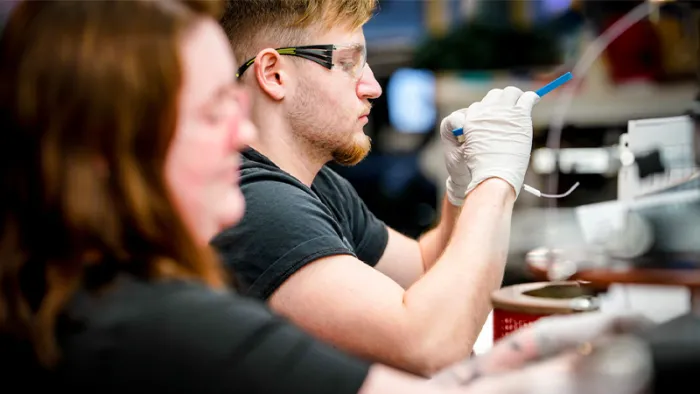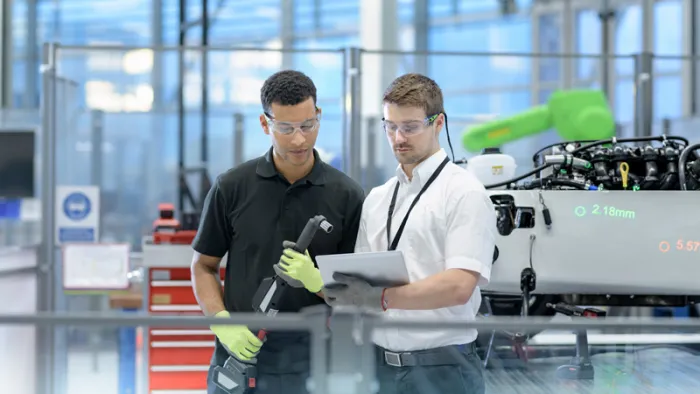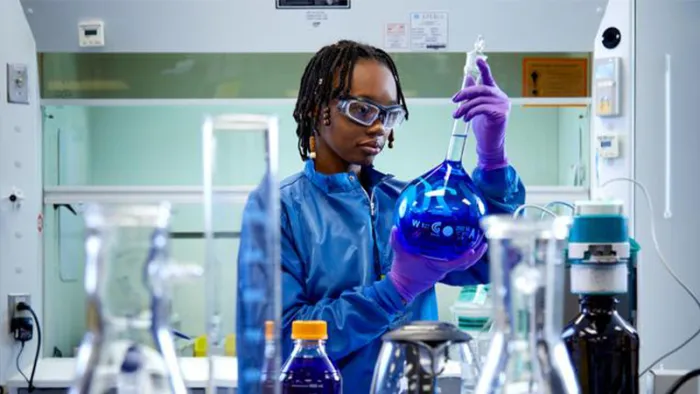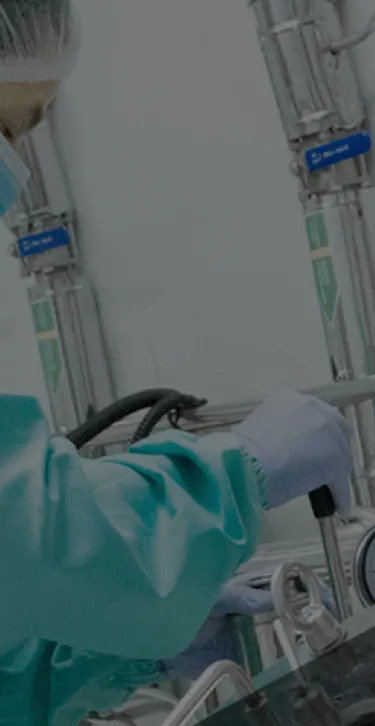
Life Sciences
Improving lives is paramount. Gore helps life sciences leaders focus on patient safety — and controlling costs — by developing life-saving medical devices, reliable component parts, and high-performance products for pharmaceutical and biopharmaceutical applications with an unwavering focus on quality and performance.
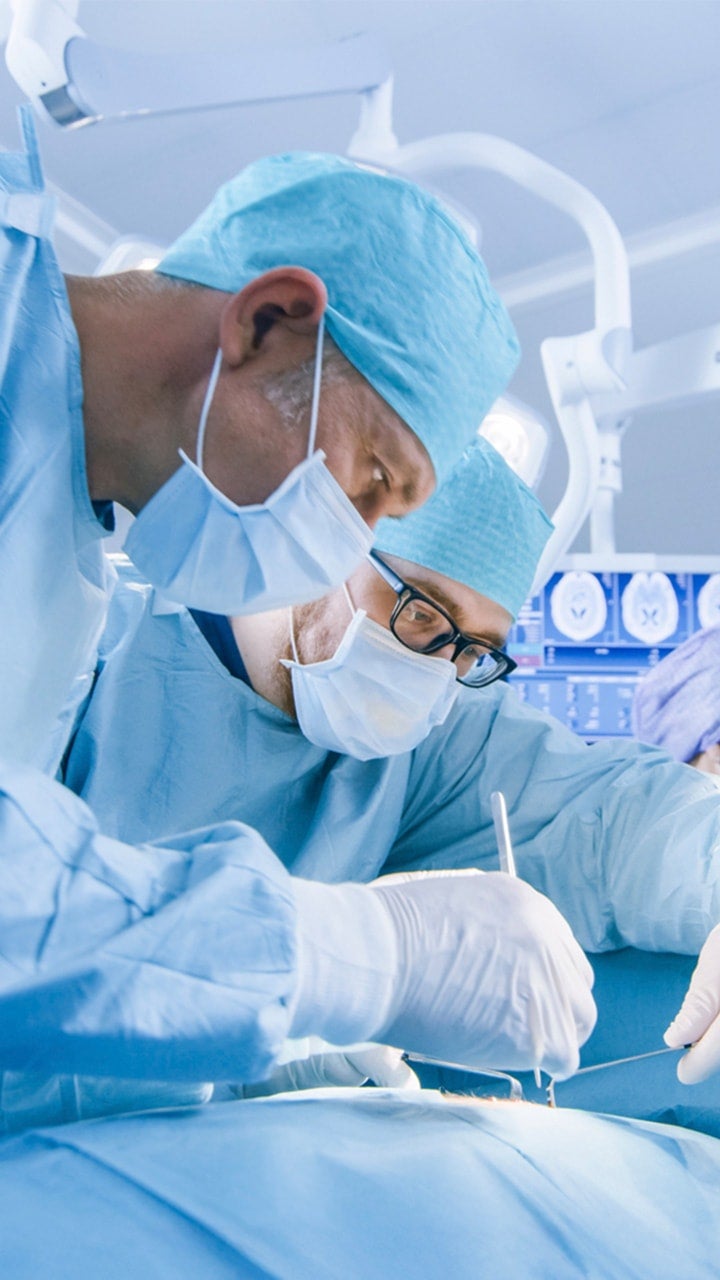
Advancing Healthcare Through Innovation and Compliance
The life sciences industry is vast and complex, united by a single mission: improving lives through healthcare solutions. To achieve this, companies must navigate strict regulations while developing safe, effective, and cost-efficient medications, medical devices, and treatments. As therapies and devices grow more sophisticated and costly to produce, the demand for innovation and adherence to high standards has never been greater.
Reliable Partnerships and Solutions for Life Sciences
In the highly regulated life sciences industry, manufacturers and healthcare providers require reliable products and trusted partners. Gore rigorously tests its products to meet industry standards, offering solutions that address diverse challenges in medical and pharmaceutical applications. From vascular repair devices and acoustic protection components to filtration membranes and chromatography columns, Gore’s innovations enhance patient care, ensure safety and efficiency. Through close collaboration with manufacturing partners, Gore delivers solutions that provide lasting value, improving recovery times, comfort, and process reliability.
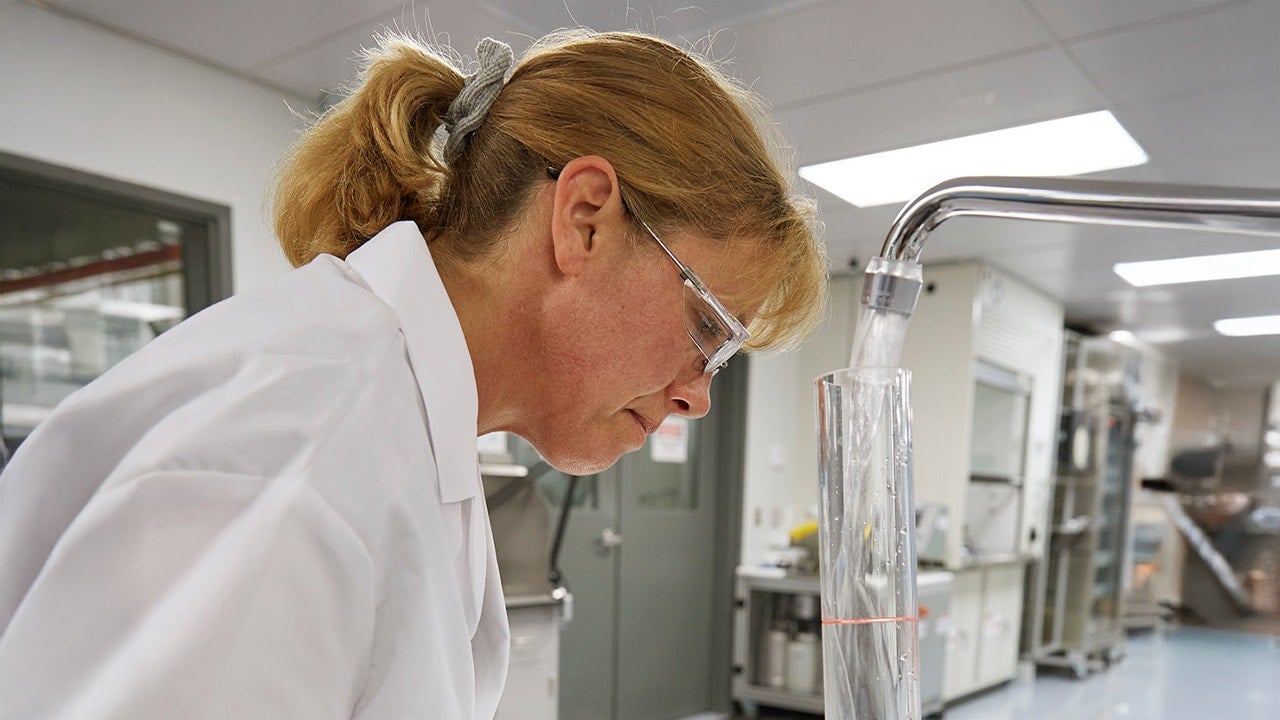
Explore subindustries
Gore's Life Sciences division encompasses several key sub-industries, each dedicated to enhancing healthcare outcomes. In the Medical Industry, Gore develops implantable medical devices and OEM components that work in harmony with the body's tissues, aiding healing and restoring functions. Within the Pharmaceutical & Biopharmaceutical Industry, Gore offers technology-driven products designed for efficiency, reliability, and contamination control, supporting drug development and manufacturing processes. Additionally, Gore provides solutions for Affinity Chromatography, offering devices that improve productivity in protein purification processes, essential for therapeutic development.
